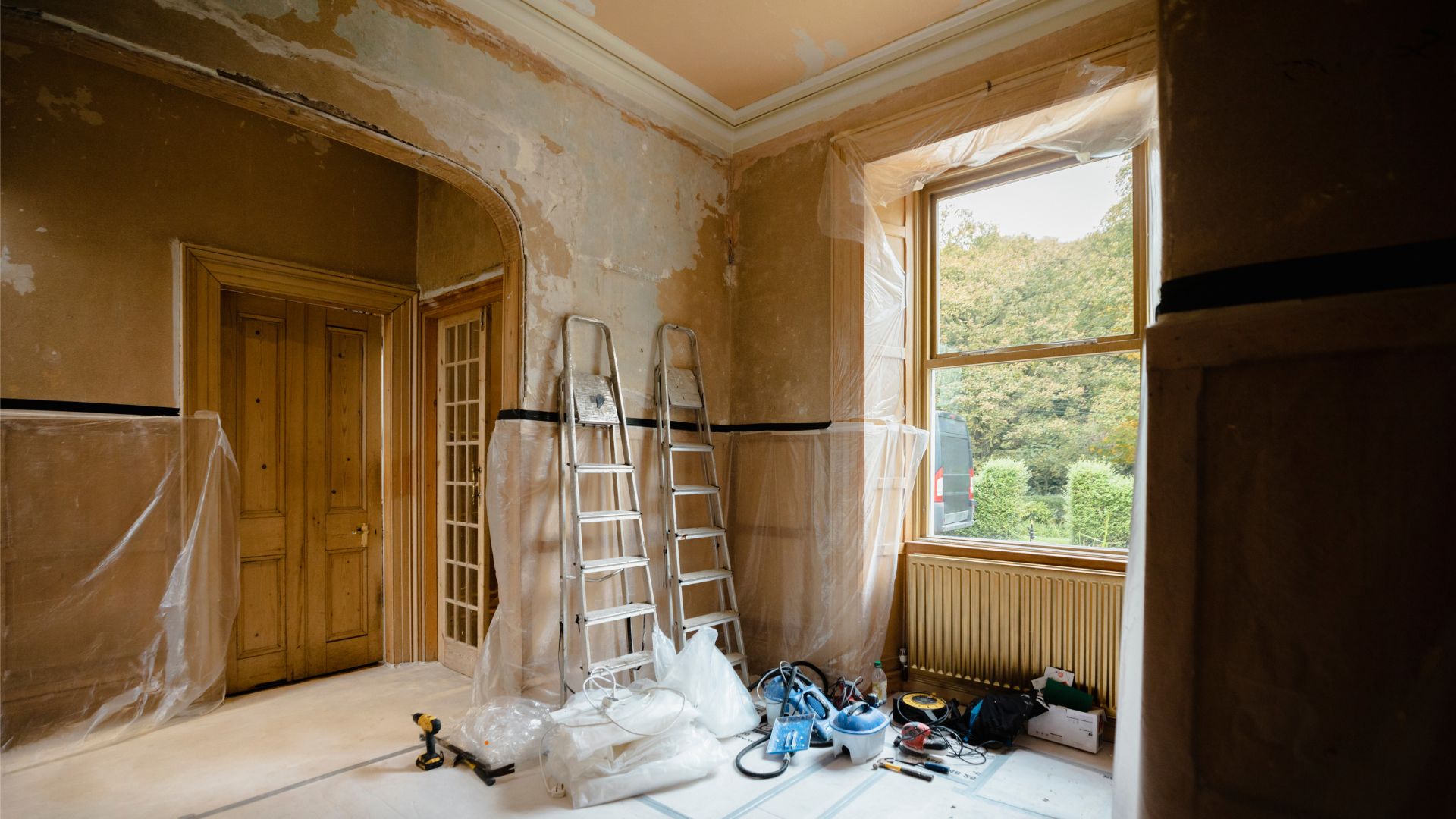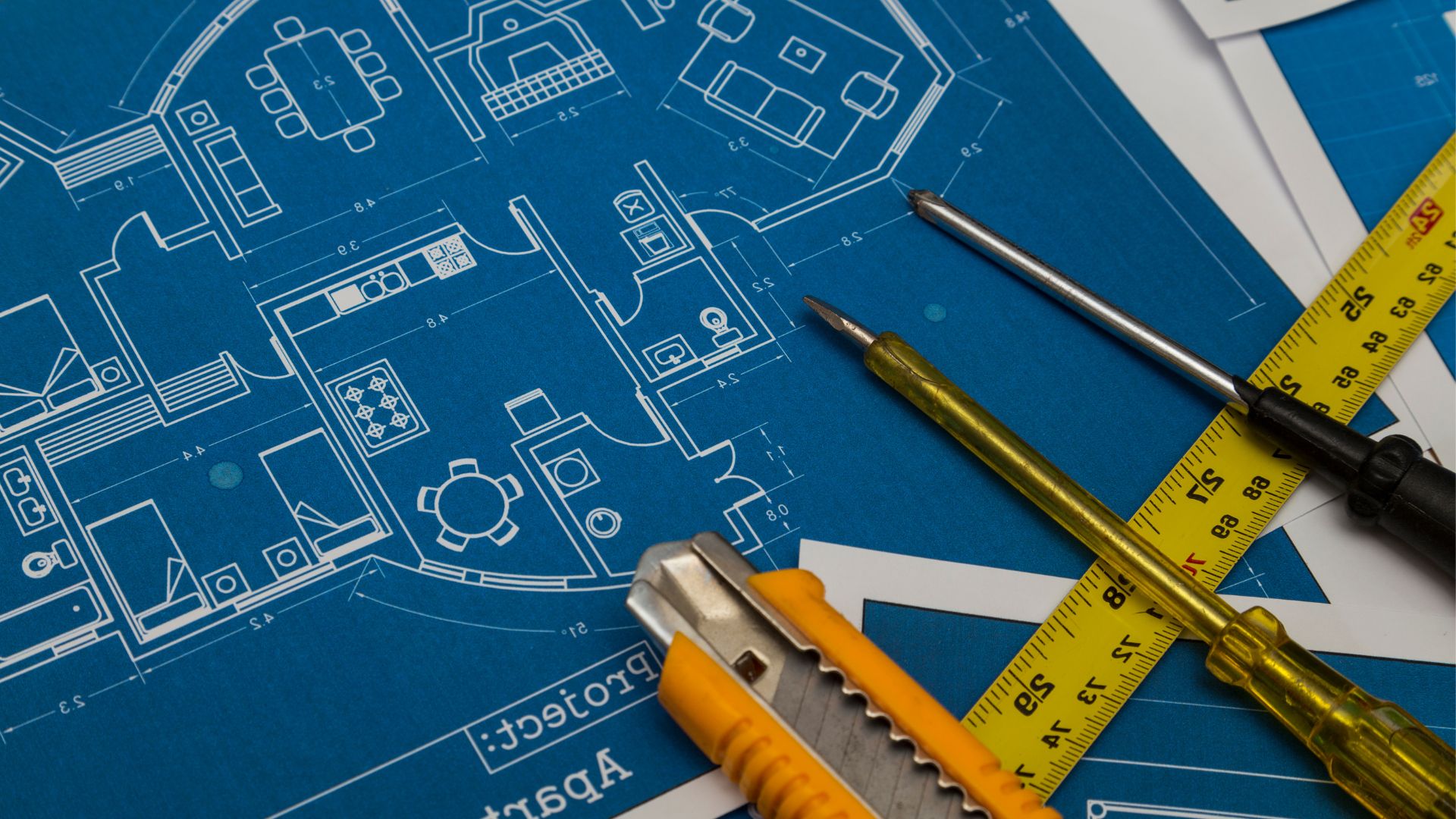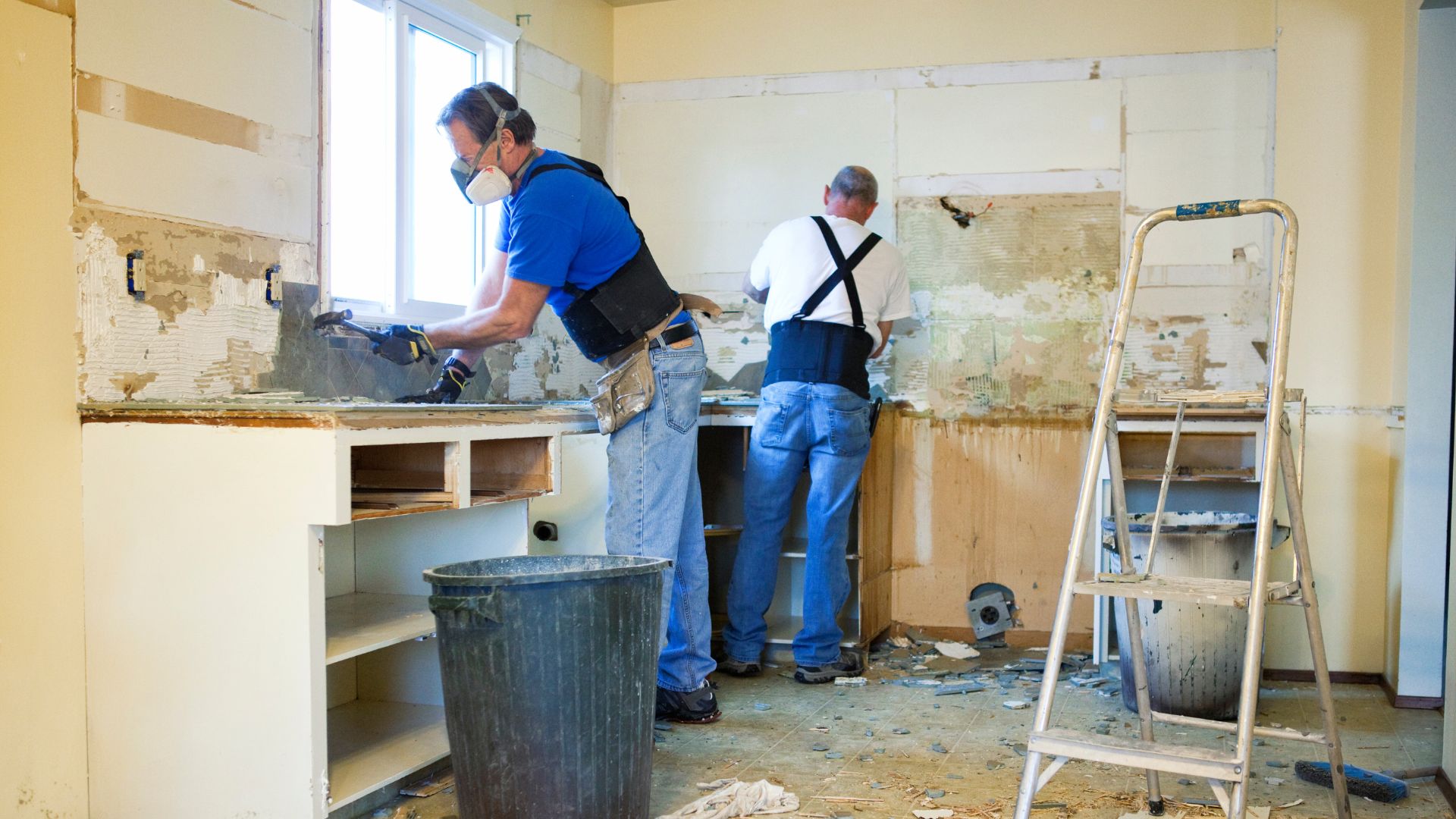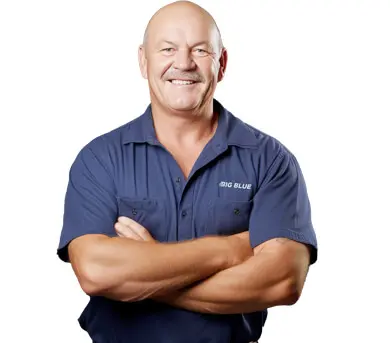Planning a renovation? Plumbing and electrical systems need to work closely together to create spaces that aren’t just functional but efficient too. From kitchens to bathrooms and laundry rooms, these essential trades must coordinate smoothly to ensure your project’s success.
In this guide, we’ll delve into where plumbing and electrical work overlap, common challenges, and why it’s essential to hire professionals to get the best results.
Common Overlap Areas

Bathrooms
In bathrooms, plumbing and electrical systems must work together to ensure a functional and comfortable space. Tasks like installing lighting fixtures and exhaust fans often require careful coordination with plumbing for taps, showers, and toilets.
Similarly, powering heated towel rails and underfloor heating systems adds another layer of complexity. Proper planning and placement of these elements are essential for achieving both practicality and safety. This also includes additional features you may wish to include, such as a bidet or water filter.
Kitchens
Kitchens are a hub where plumbing and electrical work intersect. You need power outlets for appliances like fridges, ovens, and microwaves, while plumbing is essential for sinks, dishwashers, and water filters.
Integrating under-cabinet lighting or feature pendant lights with electrical connections further highlights the need for a cohesive design. A thoughtfully planned kitchen renovation ensures all these elements work harmoniously, enhancing functionality and aesthetics.
Laundry Rooms
Laundry rooms require connections for washing machines, which involve both electrical outlets and plumbing for water supply and drainage. Additional lighting and power for dryers or ironing stations are also common.
Smart Home Integrations
With the rise of smart technology, it’s become vital for plumbing and electrical systems to work in harmony. Here are some examples:
- Smart Showers and Taps: These require precise plumbing for water delivery and electrical connections for digital controls.
- Smart Appliances: Refrigerators, dishwashers, and washing machines often come with smart features that need both trades to collaborate.
- Smart Lighting and Heating: Coordinating lighting controls and underfloor heating systems enhance convenience and energy efficiency.
Integrating these technologies during renovations can future-proof your home and provide seamless functionality.
Budgeting and Cost Management

Renovations can be pricey, but with careful planning, you can keep expenses in check. Begin by allocating your budget between plumbing and electrical upgrades, prioritising essential work first. Investing in energy-efficient appliances and fixtures is another great way to reduce utility costs over time, offering significant long-term savings.
Additionally, consulting licensed professionals early ensures accurate cost estimates and helps prevent unexpected expenses. Balancing upfront costs with long-term benefits is the key to achieving a successful and cost-effective renovation.
Renovation Timeline Considerations
Proper scheduling is crucial to avoid delays and ensure everything runs smoothly. Here are the key points:
- Initial Planning: Engage plumbers and electricians to assess needs and design layouts early.
- Task Sequencing: Ensure plumbing rough-ins are completed before electrical wiring to prevent interference.
- Final Fit-Out: Coordinate the installation of fixtures and appliances at the right stage to avoid rework.
A well-structured timeline minimises disruptions and ensures the project stays on track.
Challenges and Solutions
Space Constraints
Bathrooms and kitchens often come with limited space, making it tricky to position pipes and wiring without interference. Experienced tradespeople plan layouts meticulously to maximise functionality while keeping safety and aesthetics in check.
Compliance Requirements
Building codes and safety regulations are strict regarding plumbing and electrical systems. Licensed professionals ensure all work meets these standards, preventing costly penalties and ensuring long-term safety and reliability.
Coordination of Trades
Timing is everything in renovations. Seamless coordination between plumbers and electricians ensures tasks are completed efficiently and in the correct sequence, minimising disruptions and avoiding expensive rework.
Future Proofing
Modern renovations demand forward-thinking solutions. Adding extra power points, water lines, or provisions for smart home integrations can save significant time and money down the road. Professionals guide you through planning for both immediate and future needs.
Why Professional Expertise Matters

Hiring licensed plumbers and electricians is essential for a successful renovation. Poor planning or attempting DIY solutions can lead to costly mistakes, as even minor oversights can escalate into significant issues.
Professionals adhere to strict safety standards, protecting your home and family. They also streamline the process by managing both trades efficiently.
This level of expertise ensures that the renovation runs smoothly, with all systems working harmoniously together.
Tips for Renovators
- Engage Early: Collaborate with plumbers and electricians during the initial design stage to prevent costly delays or unexpected changes.
- Choose Durable Solutions: Invest in top-quality materials and fixtures to ensure lasting performance and reduced maintenance needs.
- Prioritise Efficiency: Opt for energy-efficient appliances, lighting, and water-saving fixtures to enhance sustainability and lower utility costs.
Finding Your Perfect Team For Your Renovation
Plumbing and electrical systems are the backbone of any renovation, and their seamless integration is key to a successful project. Coordinating these trades ensures your renovation is safe, efficient, and future-ready, from bathrooms and kitchens to laundry rooms.
Planning a renovation? At Big Blue Plumbing, we specialise in plumbing renovations across the Sunshine Coast and Moreton Bay. We can work with you and other trades to ensure a hassle-free experience. Give us a call today to learn more!
Frequently Asked Questions
1. Why is coordinating plumbing and electrical work during renovations important?
Coordinating plumbing and electrical work ensures that both systems integrate seamlessly, preventing delays, avoiding costly mistakes, and maintaining safety standards. Proper coordination also provides functionality and optimises the efficiency of both systems.
2. What areas of the home require both plumbing and electrical systems to work together?
Key areas include bathrooms, kitchens, and laundry rooms. For example, bathrooms need coordinated installations for lighting, exhaust fans, and heated towel rails alongside plumbing for taps and showers. Kitchens require appliances, sinks, and lighting connections, while laundry rooms need power outlets and water supply for washing machines and dryers.
3. How do smart home features impact plumbing and electrical work?
Smart home features like digital showers, smart appliances, and automated lighting rely on precise plumbing and electrical integration. When installed correctly during renovations, these technologies enhance convenience and energy efficiency and future-proof your home.
4. What are some common challenges when integrating plumbing and electrical systems?
Challenges include limited space in key areas, strict compliance with building codes, and the need for trades to coordinate tasks effectively. Future-proofing with additional power points or provisions for smart technologies also requires careful planning.
5. Why should I hire licensed plumbers and electricians for my renovation?
Licensed professionals ensure work meets safety and compliance standards, preventing costly mistakes and potential hazards. Their expertise streamlines the renovation process and ensures that plumbing and electrical systems are installed correctly and efficiently.



